
The Free-Market Innovation Machine
Analyzing the Growth Miracle of Capitalism
Recommendation
This book should certainly be on every businessperson’s reading list, and every legislator’s, and every student’s. It is a lucid, well-organized and admirably logical presentation of the role of innovation in capitalism, and the role of capitalism in innovation. Author William J. Baumol accomplishes something rare indeed by spanning the chasm between quantitative and qualitative economic writing. He has the verbal skill to write clearly and accessibly, explaining his points in plain if elevated and austere language, and illustrating them with interesting historical examples. His rigorous mathematical demonstration would satisfy the most demanding academic economist. Baumol’s insight that capitalism’s great achievement is to make innovation routine distinguishes this book from others on innovation, entrepreneurship and creativity. Although the lone inventor matters, ancient Rome and China had lone inventors and yet those empires did not produce economic growth on the scale that capitalism has produced it. Capitalism is distinctly productive because it makes innovation a self-sustaining and indispensable phenomenon, driving and driven by competition. getAbstract.com finds this intriguing thesis well worth serious consideration.
Summary
About the Author
William J. Baumol is Senior Research Economist and Professor of Economics Emeritus at Princeton University and Professor of Economics at New York University. His books include Microeconomics, Superfairness and Entrepreneurship, Management and the Structure of Payoffs.


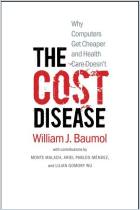
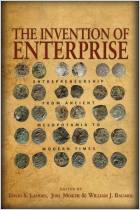
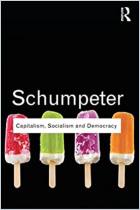
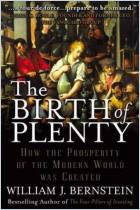

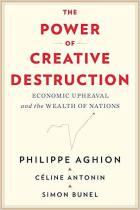
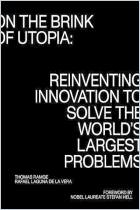
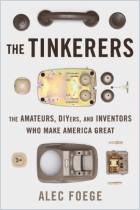
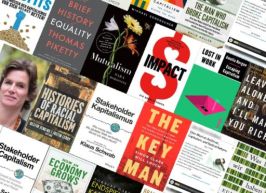



Comment on this summary